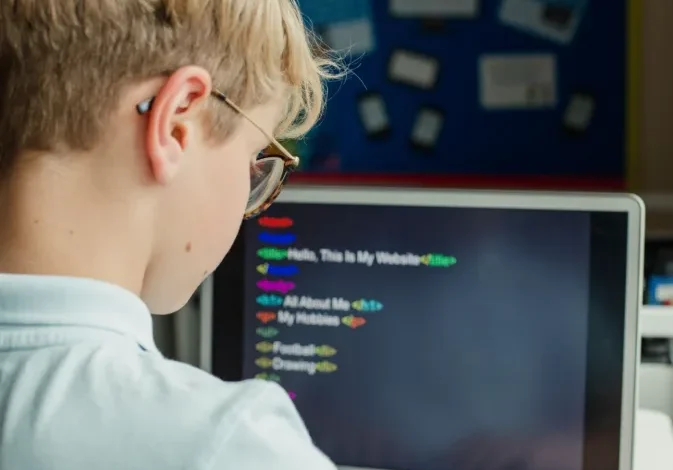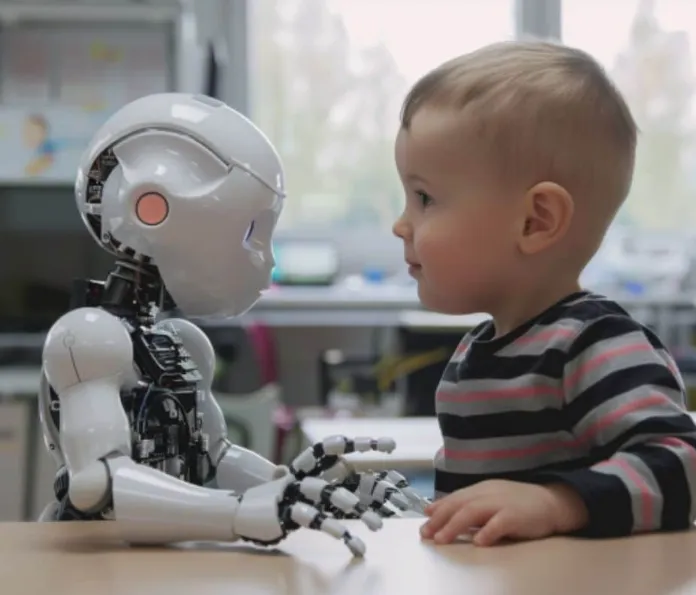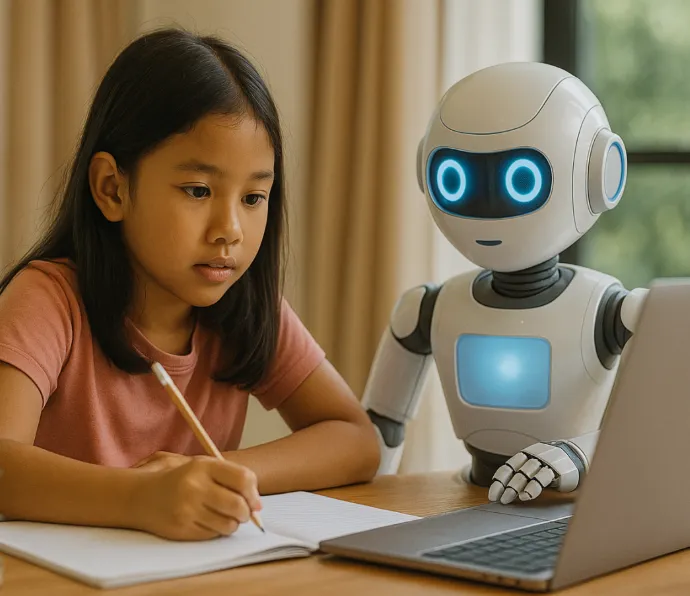Why Every Child Should Learn Coding: A Practical Guide for Parents

Parents everywhere are wondering how to prepare their kids for a world that’s changing faster than ever. With technology transforming nearly every job, one of the smartest ways to future-proof your child’s skills is by encouraging them to learn coding.
Coding is more than typing commands into a computer—it’s about problem-solving, logical thinking, and creative expression. And the best part is, kids don’t need to be tech wizards to get started. With the right approach, coding can be fun, engaging, and surprisingly accessible.
The Benefits of Coding for Kids
1. A Head Start in Tomorrow’s Job Market
Technology continues to create new roles at lightning speed. From software development to artificial intelligence, opportunities in tech are expanding well beyond what existed just a decade ago. Early exposure to coding gives children an advantage in understanding these fields and preparing for high-demand careers.
2. Stronger Problem-Solving Skills
When kids write code, they learn how to break down complex challenges into manageable steps. Debugging teaches persistence, while logical sequencing helps them approach tasks systematically—skills that transfer easily to math, science, and everyday life.
3. A Creative Outlet
Many people are surprised to discover how artistic coding can be. With the right tools, kids can design games, animations, stories, and apps. Coding allows them to take an idea in their imagination and bring it to life in a digital format.
4. Building Resilience
Coding teaches kids that mistakes aren’t failures—they’re opportunities to try again. This mindset develops grit and perseverance, qualities that serve them well both inside and outside the classroom.
5. Becoming Tech-Savvy Creators
Instead of just consuming technology, coding empowers children to create it. That sense of ownership not only builds confidence but also prepares them to adapt as new technologies emerge.
How Parents Can Introduce Coding
Start with the right tools for their age.
- Ages 5–8: ScratchJr, Osmo Coding, Bee-Bot
- Ages 8–12: Tynker, Minecraft Education, Code.org
- Ages 12+: Python, JavaScript, robotics kits like LEGO Mindstorms or Raspberry Pi
Learn together as a family.
You don’t need to know coding yourself to support your child. Watching tutorials together, trying beginner projects, or experimenting with coding apps side by side turns learning into a bonding activity.
Encourage real projects.
Kids are more motivated when their work connects to their interests. They might build a simple website for a school project, create a quiz game based on their favorite book, or design a to-do list app. Small projects help them see the real-world impact of their skills.
Join communities.
Local clubs, after-school programs, and online groups give kids opportunities to share their projects, ask questions, and get inspired by others. Learning with peers often keeps motivation high.
More Than Just Tech Skills
Coding doesn’t only build technical knowledge. It strengthens broader life skills too:
- Time management by planning and finishing projects
- Teamwork through collaboration on group activities
- Communication by explaining ideas and solutions clearly
- Confidence when they see their creations come to life
Common Questions Parents Ask
Is my child too young?
If your child can follow instructions and enjoys puzzles or building blocks, they’re ready to explore basic coding concepts.
Will coding add to screen time?
Yes, but it’s active screen time—focused on creating, problem-solving, and experimenting rather than just consuming content.
Does my child need to aim for a tech career?
Not at all. The skills coding builds—like critical thinking and creativity—apply across all careers, from medicine to business to the arts.
How much time should they spend coding each week?
Even an hour or two a week can make a difference if it’s consistent and fun.
Final Thoughts
Coding is quickly becoming a new kind of literacy, just as essential as reading and math. It’s not about turning every child into a computer scientist—it’s about giving them the tools to think differently, solve problems, and approach the future with confidence.
As a parent, you don’t need all the answers. You just need to encourage curiosity, provide the right resources, and be willing to explore alongside your child. Starting small today could open the door to a lifetime of opportunities tomorrow.







